How to Write When the World Has Broken Your Heart
Today’s guest post is by author Nancy Stohlman.
It’s been a common theme in 2020: normally prolific writers finding themselves creatively blocked. And there is nothing more painful for a creative type than to not be creating.
Of course we blame the Corona scorched-earth meltdown. I mean, we were blindsided. We weren’t ready or expecting this. It’s as if we got our hearts collectively broken, and no one saw it coming. We’ve probably cycled through our stages of grief, maybe multiple times, and now we just feel unsettled in this awkward aftermath, this endless creative desert.
So now what?
How do you write when the world has broken your heart?
I’ve been listening to Taylor Swift’s new album. A lot. And I’m not at all surprised that TS has been able to compose under quarantine; she’s made a career from harnessing her heartbreaks and turning them into creative fodder.
Which got me thinking: Hey, wait a minute. We’ve all done this before.
Remember the poetry that poured from you in the midst of high school angst? The songs you wrote during late-night college heartbreaks? The drawings you sketched as you nursed your bruised feelings back from the shock of despair, betrayal, broken promises, or loss?
If you’re like me, you probably have lots of experience turning heartbreak into art.
It can be tricky territory, though. For example, in 2016 I was hit by a drunk driver, but I had no desire to write about it. I didn’t want to recount it because I was still living it; the tragedy was staring me too fully in the face. And my own Corona heartbreak is similar—a desire to be writing crossed with a strange sort of numbness and a dearth of ideas.
But, while it’s true we’re never the same after a devastating blow, there’s also nothing more potent, more transformative and ultimately more inspiring than the humility of being knocked off our feet. When we’re off balance, we see the world in an entirely new way.
We’ve actually made it worse by not engaging in the one thing that would make us feel better: art.
Back when I was a smoker, I smoked twice as much when I was upset. It took me a long time, longer than I’d like to admit, to realize that chain smoking on my front stoop just made everything worse. I was just hurting myself on top of hurting myself.
Like now. We’re already upset, we’ve already had to suffer through losses, disappointments, grief, despair, fear, frustration, worry, and not writing is just making the whole thing worse! Because you know how the world is right when we are writing. And we owe ourselves that joy, especially now. Because those late-night heartbreak poems did make us feel better.
So it’s time to get back out there. No more nursing our wounds. With a little effort, and a lot of trust, we can move away from heartbreak and back into creation.
Start slow. Be gentle. Baby steps. If your writing feels like a stranger, then you’re going to have to get to know each other again. Start with coffee dates rather than dinner. Keep your expectations low. Even 15 minutes a day is cumulative. It’s better to sit down every day for 15 minutes than not at all.
Be private. At least at first. Just as you wouldn’t introduce someone to your entire family after one date, keep your bubbling baby ideas private until you get through a couple of dates.
Take a risk. This will keep it playful and also activate that sense of wonder and newness. Write poetry if you usually write prose. Write song or plays. Or maybe it’s finally time to try your hand at flash fiction and figure out what all the fuss is all about?
But most importantly: know that broken hearts heal. And the rupture makes them bigger in the end.
It’s time to get yourself back on the market, friend. And the best way back to your own inspiration is just to begin. Imperfectly. But begin now. The joy of loving post heartbreak is you are wiser, stronger, and all the more inspired because of it.
 Nancy Stohlman’s new craft book, Going Short: An Invitation to Flash Fiction, is available now from Ad Hoc Fiction. Stohlman has published multiple books, and her work has been anthologized in the W.W. Norton New Micro: Exceptionally Short Fiction and chosen for The Best Small Fictions 2019. She teaches at the University of Colorado and around the world. Connect with Nancy at her website.
Nancy Stohlman’s new craft book, Going Short: An Invitation to Flash Fiction, is available now from Ad Hoc Fiction. Stohlman has published multiple books, and her work has been anthologized in the W.W. Norton New Micro: Exceptionally Short Fiction and chosen for The Best Small Fictions 2019. She teaches at the University of Colorado and around the world. Connect with Nancy at her website.
Featured Photo by Milada Vigerova on Unsplash

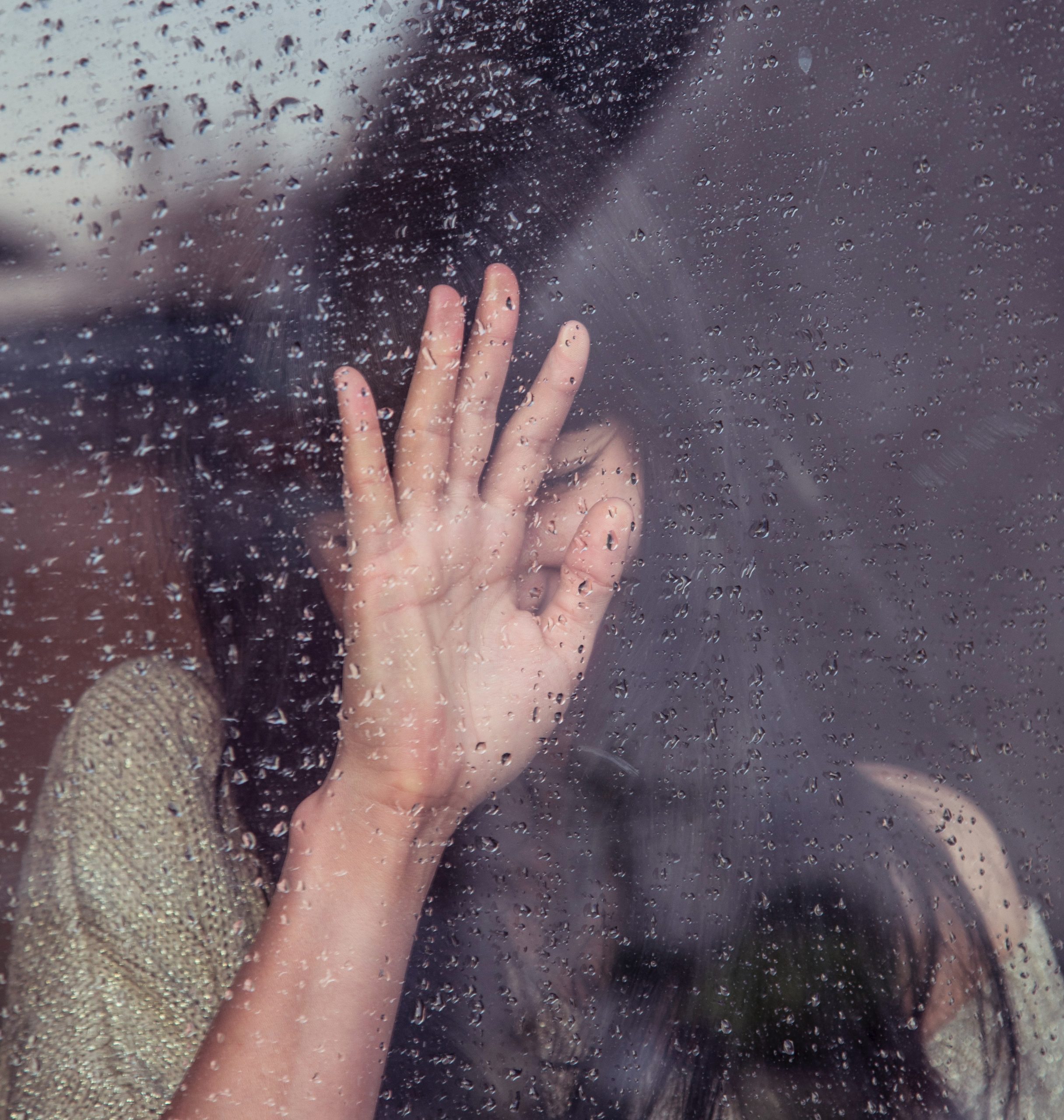


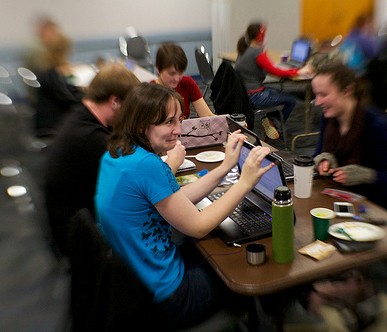
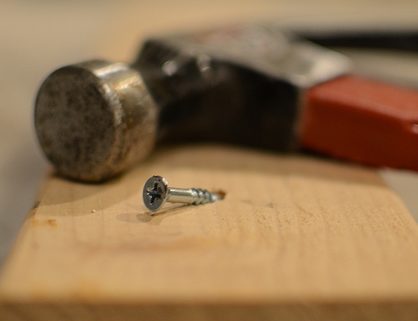
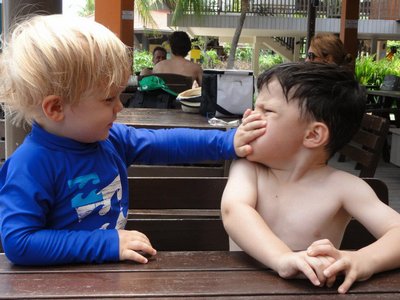
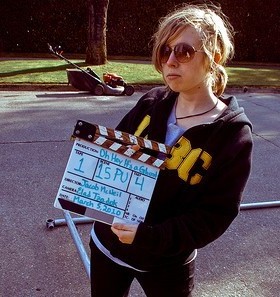




Good article. For my part, it’s almost strange that I haven’t been all that heartbroken–really just more annoyed, sometimes frustrated, than anything.
I’ve been fortunate that I could keep going to my job all through the pandemic, albeit with screening and the ever-present mandatory masks. So no worries there. I did stall creatively at one point, but I don’t think that was related to the lockdown. Writing has always been a lifeline to me, so it’s like I already had hold of it when the world went Covid-crazy. Like I’m sure many have, I’ve gotten pandemic-related ideas, and they seem to keep coming. I’ll be writing them down for Halloween, just to share with co-workers as a gag. Laughter, as they say, is the best medicine. And creativity is right close behind it!
Creativity is the best medicine–yes, you are right!
Creativity is the best medicine–yes, you are right!
Important post. My coach and I were discussing this morning that Covid is just a circumstance. We cannot give it power. So let’s band together as creatives, take those tiny first steps and continue to write.
xoxoxoxoox
From a fellow writer and Taylor Swift fan, I hear ya. Great post.
These really are crazy times, but how we deal with the Covid fallout shows our real muster.
You provide some great guidance for those needing a hand–meaning, all of us. Thank you.
Denise (Dee) Willson
Award-winning author and professional editor
In 2000, due to a fortuitous combination of circumstances, the idea for the mainstream trilogy I’ve been working on since then (first volume published in 2015, working on the second, have full rough draft of the third) was vouchsafed to ME. Only me.
Among many other themes, it’s the story of a women who transmutes personal tragedy – chronic illness, divorce, the loss of her youngest child) – into the stuff of narrative gold.
It give me a place for mine.
The pandemic, etc., has made it worse, and aging doesn’t help, but that ‘stuff’ is mine, and it’s powerful, and it’s not going to see life unless I write it.
Keeps me trying; sometimes succeeding.
I don’t know what other people do with theirs.